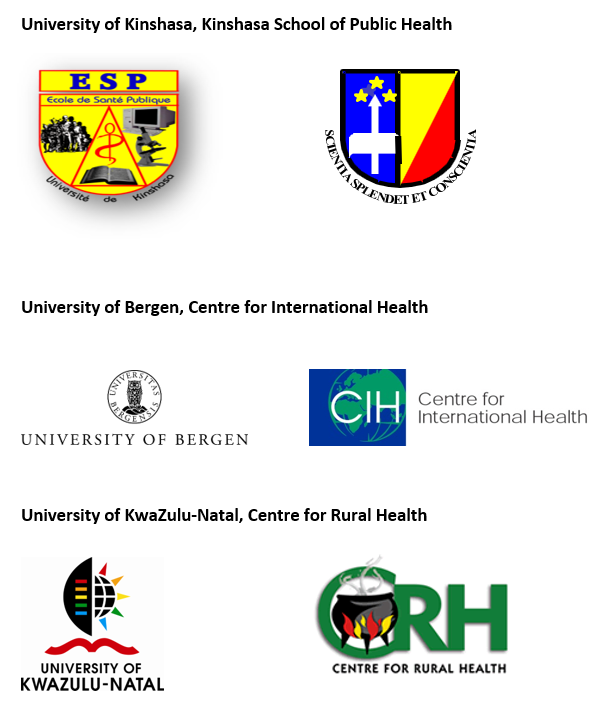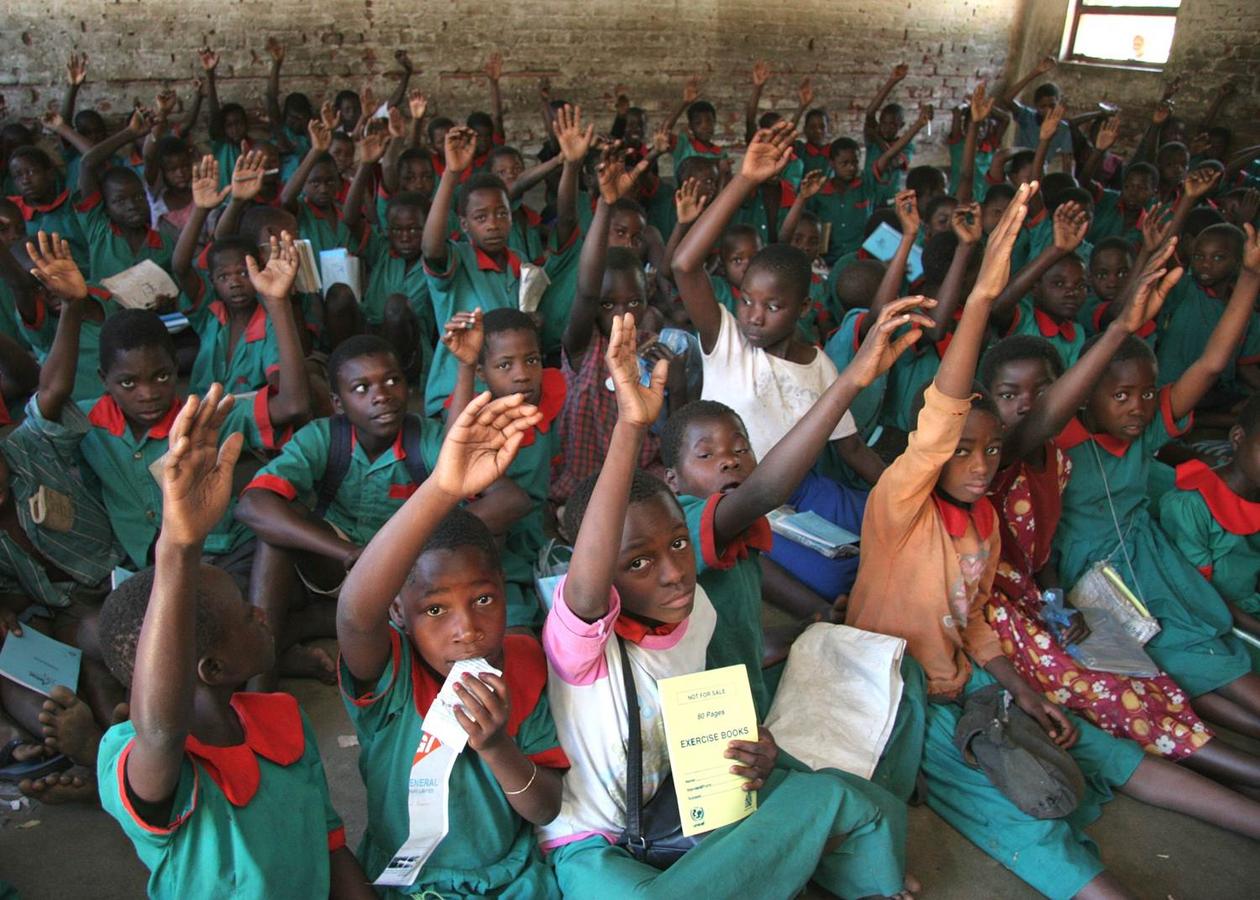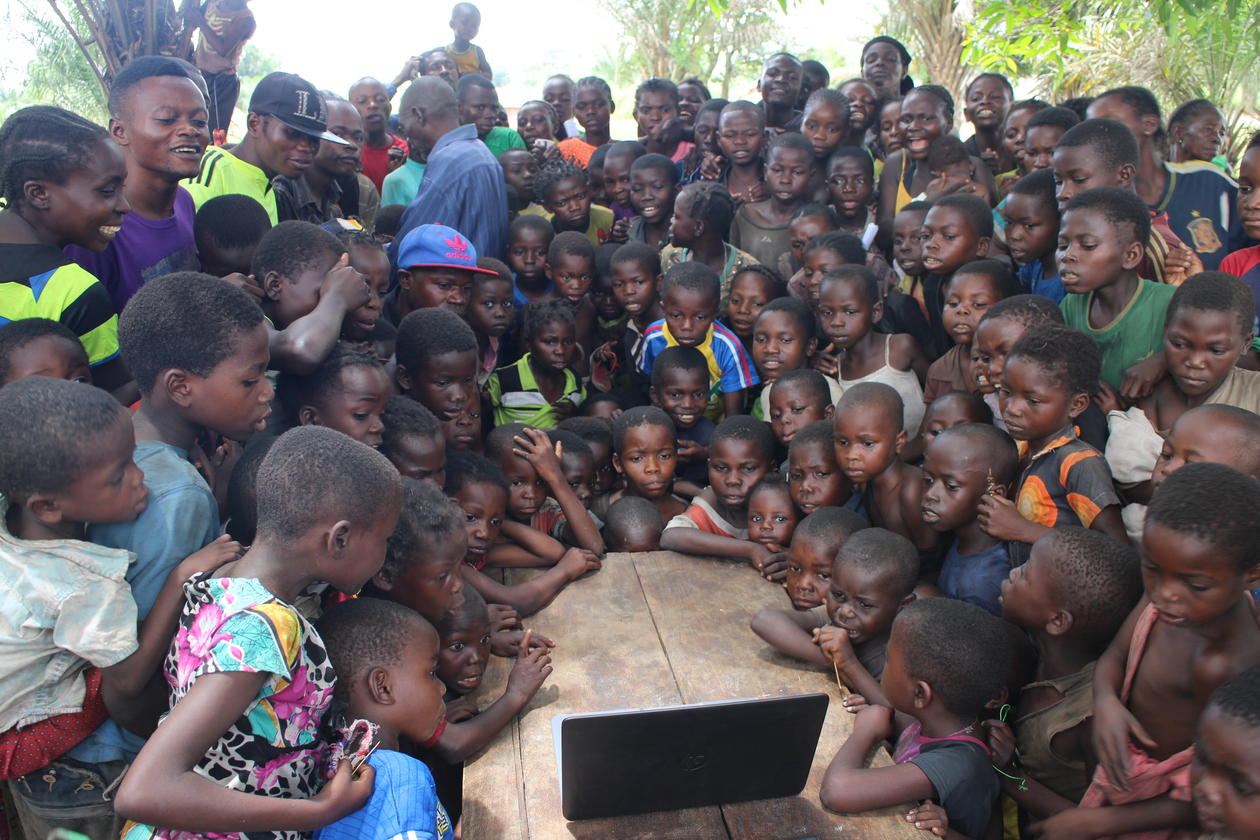GROWNUT - Education and research to reduce malnutrition in the Democratic Republic of Congo
This project aims to create a partnership for higher education and research in nutritional epidemiology in DRC.

Hovedinnhold
Among African countries, the Democratic Republic of Congo (DRC) has one of the highest burdens of malnutrition, especially among preschool children. The GROWNUT project aimed to reach Congolese academics able to educate postgraduate candidates, and to promote, initiate and conduct research geared at reducing the problem of malnutrition in DRC through a multi-sectorial approach.
The GROWNUT project objectives, namely to create a nutritional epidemiology programme in the DRC, to support and strengthen KSPH faculty members, and to conduct robust relevant research in the research site were successfully achieved on a number of different levels. In particular, GROWNUT benefitted students as individuals, KSPH as an organisation, international partners and strengthened research capacity and academic leadership in the DRC.
Read more at the project website
The 6 year project developed institutional capacity at the School of Public Health in Kinshasa, DRC, through collaboration for implementation and maintenance of a nutrition epidemiological education and research programme. The programme had three major components including:
- creating a 2-year Master and 3-year PhD program in nutritional epidemiology for students of DRC,
- training staff members to PhD level
- conducting high-level relevant research in the rural research site of Popokabaka and in other areas, for practical training and research.
In this way the project built capacity among government, NGOs and private stake-holders especially in sectors working with food production, nutrition and health.
The GROWNUT project falls within the ‘Health’ sub-programme of NORHED, with links to the sub-programmes of Natural resource management, climate change and environment.

The legacy of the GROWNUT project
The legacy of the GROWNUT project is rooted in the forty students who graduated from the master’s programme, many of whom are employed in key nutrition roles in the DRC and others who are championing nutrition in their everyday work environments. Two students graduated with PhDs with a further two who are nearing completion of their studies, these graduates will provide academic leadership in the field of research and nutrition. Through the GROWNUT project the DRC benefitted from the significant strengthening of academic leadership in the nutrition field in DRC, and the capacity of these researchers to undertake robust, well-respected, context specific research. This has far reaching sustainable advantages not only in the academic environment but also has the potential to address the nutritional challenges in DRC.
KSPH has benefitted extensively in capacity building of staff, with four faculty staff members achieving postgraduate qualifications with support from GROWNUT, including two masters graduates and two PhD candidates, one of whom has graduated and a second will graduate in 2020. Academic staff at KSPH have had the opportunity to be involved GROWNUT activities, both internally within KSPH, as well as through travelling to partner universities, attending conferences, workshops, and annual meetings. Co-supervision of students’ research has also provided academic staff with opportunities to interact with researchers from international partners. International partners have similarly benefitted with academic staff participating in research supervision, writing articles for publication, and attendance at annual meetings.
Physical resources and infrastructure were provided to support teaching and learning at KSPH, which will not only enhance the learning experience for the current students but will continue to benefit future students. Library facilities have been strengthened, and IT support and infrastructure has been provided to allow students and staff to access literature, participate in meetings, and communication via emails and other online systems. As e-learning systems were being introduced at the KSPH, GROWNUT strengthened infrastructure required for students to benefit from e-learning. This included the refurbishing classrooms and providing a computer laboratory, desktop computers, video-conferencing ability with screens, cameras and projectors, and connectivity between meeting rooms and video-conferencing rooms. In addition, software for computer use was provided.
An important and unique aspect of the GROWNUT project was the establishment of the rural research site. In order to ensure students are safe and comfortable at the research site, infrastructure at the site was upgraded and resources were provided. These resources are now available to future students who will be undertaking their internship at the research site.
In addition, there are a number of important aspects that will remain in the DRC at the completion of this essential project.
- The core curriculum for a Masters and PhD in Nutritional Epidemiology has been developed and will remain long after the completion of the GROWNUT project. This curriculum can form the groundwork of an extension of the GROWNUT project or for the underpinning of other similar educational endeavours with extra modules being added as necessary.
- Nutritional Epidemiology as a field of study has been firmly established in the KSPH highlighting the vital role nutrition plays in the health and development of communities, focussing particularly on the nutritional challenges of the DRC.
- The foundation for a change to an e-learning platform for nutritional epidemiology and other important academic fields has been established and can be used to extend the nutritional epidemiology into a stand-alone course or separate modules for flexible study for future students.
- A rural research site has been identified and equipped for students undertaking internship. This site will be available for future students.
More research projects from The Centre for International Health, UiB



